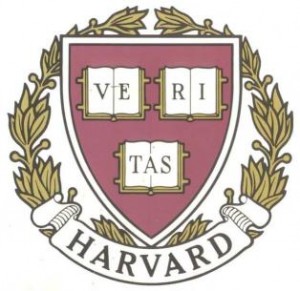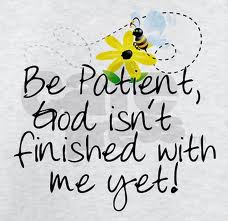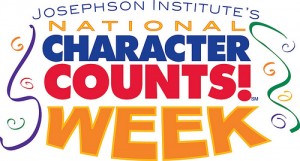Nate wanted to go to Harvard University. He made his decision while still in junior high and worked diligently throughout high school, always reaching for his dream.
As a senior he applied early to Harvard, wanting to be in the first wave of acceptance letters, but had failed to consider one important factor. While he was the managing editor of the school newspaper, he’d written a series of harsh articles about two of the school’s teachers. In his opinion, they were more interested in coaching sports than teaching history, and he expounded on this in the newspaper.
Of course the teachers were insulted and let Nate know it. What he’d forgotten was his need for university recommendations from these same teachers, since he would be a history major. One of them had bluntly told Nate, “I’ll see to it you never get into Harvard.”
That might have been a frustrated high school student’s inflated opinion of the conversation, but the bottom line was a rejection letter from Harvard. Nate’s hopes were dashed, and receiving acceptances from several other excellent universities didn’t ease his pain.
Dotted throughout our 40 years together were a handful of references to the Harvard rejection story and especially the teacher who threatened him. It was difficult for Nate to let go, because of the hateful way this person had acted, although his overblown response to Nate’s articles seemed to actually vindicate what had been written about him.
None of us completely get our way as we go through life. After a crushing disappointment, it’s what we do next that determines whether or not we’ll be able to distance ourselves from the event. We can either mull it over again and again, increasing our resentment, or we can tell God, “You deal with it, because I can’t.”
I don’t think Nate ever experienced complete freedom from the malice of that history teacher. The teacher probably thought very little about Nate after he graduated, but Nate often thought about him. Turning it over to God would have been beneficial.
Last Sunday our pastor quoted Martin Luther who said, “There are only two days on my calendar. Today and that day,” meaning the day we meet our Maker. The hurtful events of yesterday shouldn’t be allowed to bind us today. It’s our choice, though. We can drag all the unfair stuff along with us, risking ruining today, or we can say no to that, with God’s help.
One day, after Nate and I had been married nearly a year, he told me the Harvard rejection story. He’d graduated with a strong GPA from Northwestern University and was about to graduate honorably from the University of Illinois Law School, so the Harvard rejection didn’t matter much to me. But as he talked, I could sense he was still hurting.
But we were newlyweds, and our “today” was lots of fun, so I tried to encourage him back into it. “If you’d gone to Harvard, we wouldn’t have met!”
I watched his pain melt, and he said, “Oh, I would have come back to the Midwest to get you.”
We only have today (which we know), and that day (which we don’t know).
“…of that day and hour no one knows, not even the angels of heaven, nor the Son, but the Father alone.” (Matthew 24:36)




